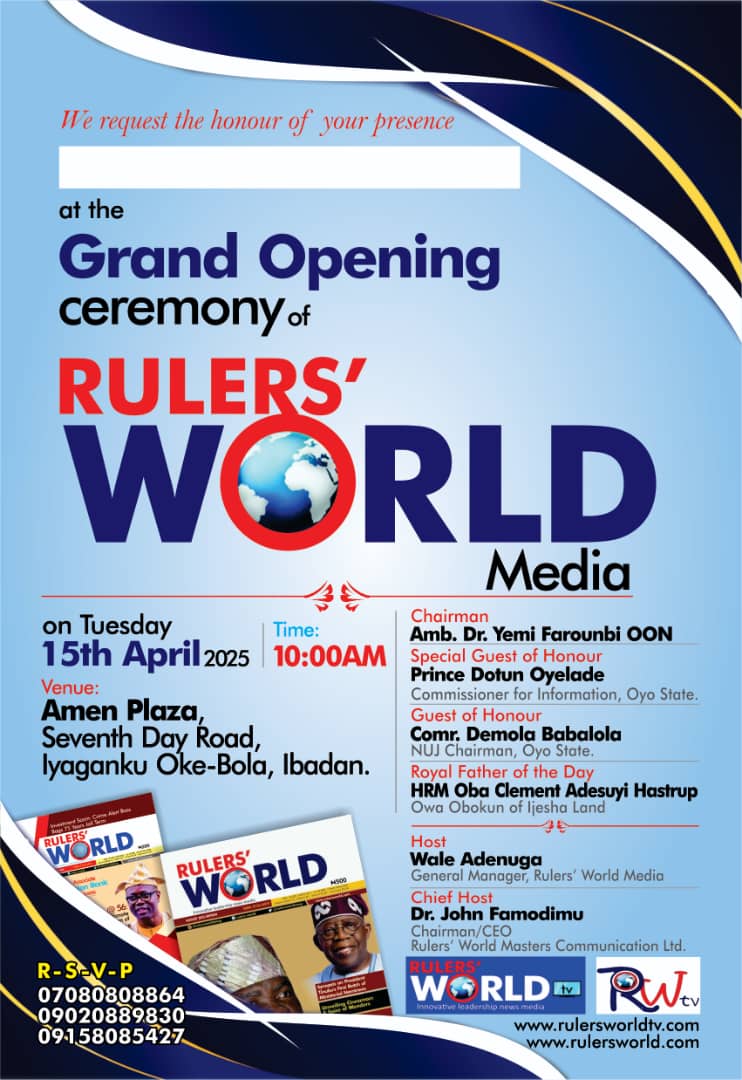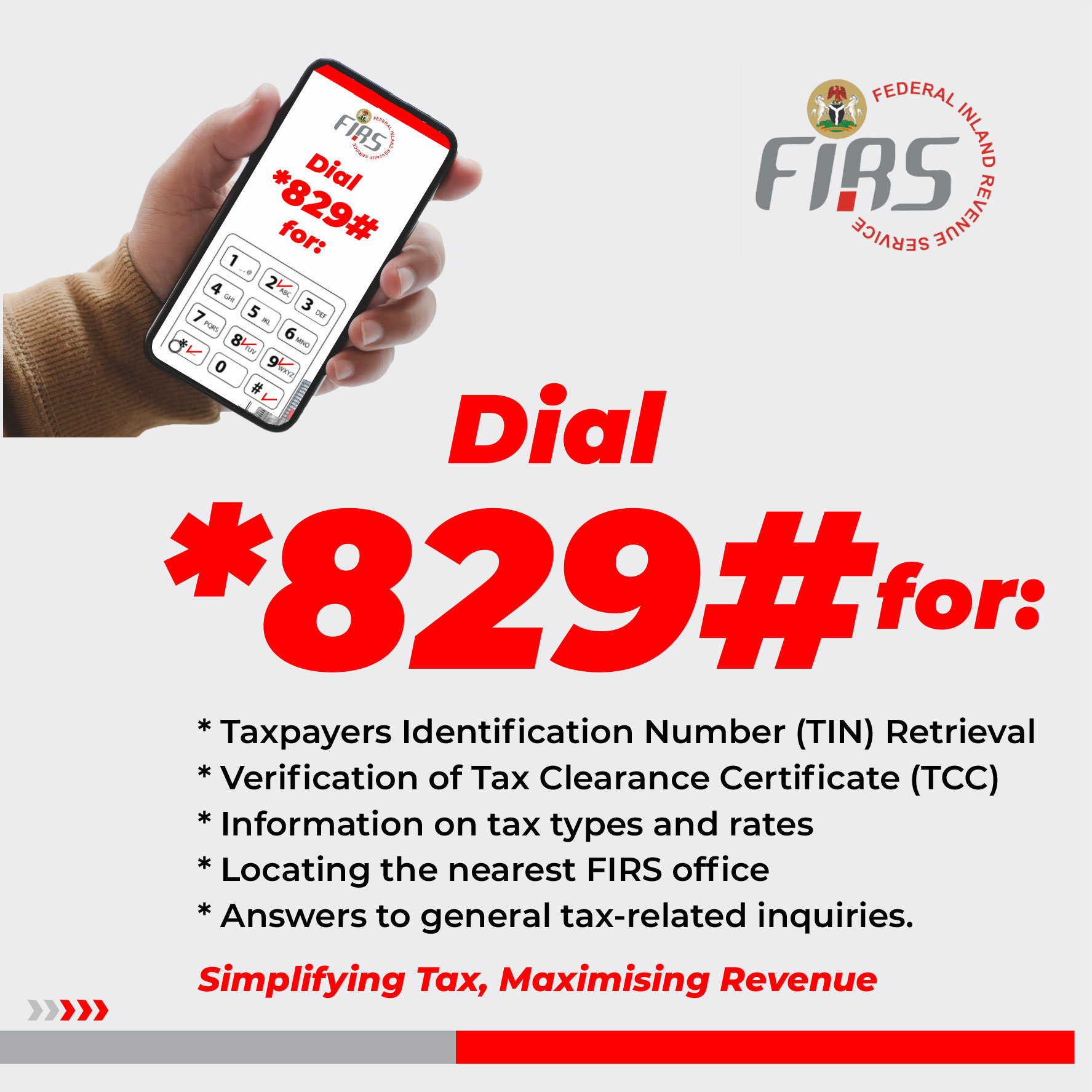09 June 2025
Tunde Olasupo
The President of the African Development Bank Group, Dr. Akinwumi Adesina has stated at a meeting held in London on Wednesday 4th June, 2025 that Mission 300 initiative, an initiative to provide energy to 300 million Africans was building on the Bank Group’s remarkable progress in the last decade, which has seen the number of connected Africans grow by more than a third. “From the very beginning of my Presidency in 2015, I made energy access a core priority by launching the New Deal on Energy for Africa. At the time, only 39 percent of the continent had access to electricity. By 2023, that figure had risen to 53 percent,” Adesina said, to an audience of heads of multilateral development banks, senior government Ministers from across Africa, representatives of the private sector and development partners.
Access to reliable, affordable, and sustainable energy is critical for powering economies, delivering essential services, and spurring job creation for Africa’s growing population. With nearly 600 million people in Sub-Saharan Africa living without access to electricity, Mission 300 is an ambitious initiative to connect 300 million people to electricity in the region by 2030.
Led by the World Bank Group (WBG) and the African Development Bank (AfDB), Mission 300 is a unique initiative that brings together African governments, the private sector, and development partners to deliver affordable power, expand electricity access, boost utility efficiency, attract private investment and improve regional energy integration that drives economic transformation. To accelerate energy access through Mission 300, the WBG will connect 250 million people to electricity and the AfDB another 50 million by 2030.
At the meeting in London, Burundi, Ghana, Mozambique, Togo and Zimbabwe became the latest countries to present national energy compacts outlining their ambitions to advance critical energy sector reforms required for the success of the initiative. The meeting explored ways of mobilizing and leveraging additional private sector capital into energy access across Africa.
The first cohort of 12 countries which include Chad, Côte d’Ivoire, Democratic Republic of Congo, Liberia, Madagascar, Malawi, Mauritania, Niger, Nigeria, Senegal, Tanzania, and Zambia presented their compacts at the Africa Energy Summit in January 2025, in Dar es Salaam, Tanzania. It was the first continent-wide convening on Mission 300, which produced the Dar es Salaam Energy Declaration, committing continental leaders to the implementation of their energy compacts.
“Over the past 10 years, the African Development Bank Group has provided direct electricity access to over 28 million people, and helped the continent increase its installed power capacity by another 12,000 megawatts,” he added. The Bank Group head restated the goal of Mission 300 saying, “Enough is enough. The time for half measures is over. Africa cannot prosper in the dark. We must deliver universal access to electricity for Africa.”
Mission 300 is fueled by strong political will to transform Africa’s energy sector. Under the Dar es Salaam Energy Declaration, African governments have committed to important sector reforms that are being implemented through country-led Energy Compacts. To build on these reforms, the WBG is increasing its support for energy projects in Africa, leveraging $30 billion in International Development Association (IDA) resources between now and 2030, while using innovative tools to mobilize private sector investments.
As contained in a statement published on WBG website, the WBG and the AfDB are working with partners like The Rockefeller Foundation, Global Energy Alliance for People and Planet (GEAPP), Sustainable Energy for All (SEforALL), and the World Bank’s Energy Sector Management Assistance Program (ESMAP) trust fund, to mobilize resources and align efforts in support of powering Africa. Many development partners and development finance institutions (DFIs) are also supporting Mission 300 projects through co-financing and technical assistance.




